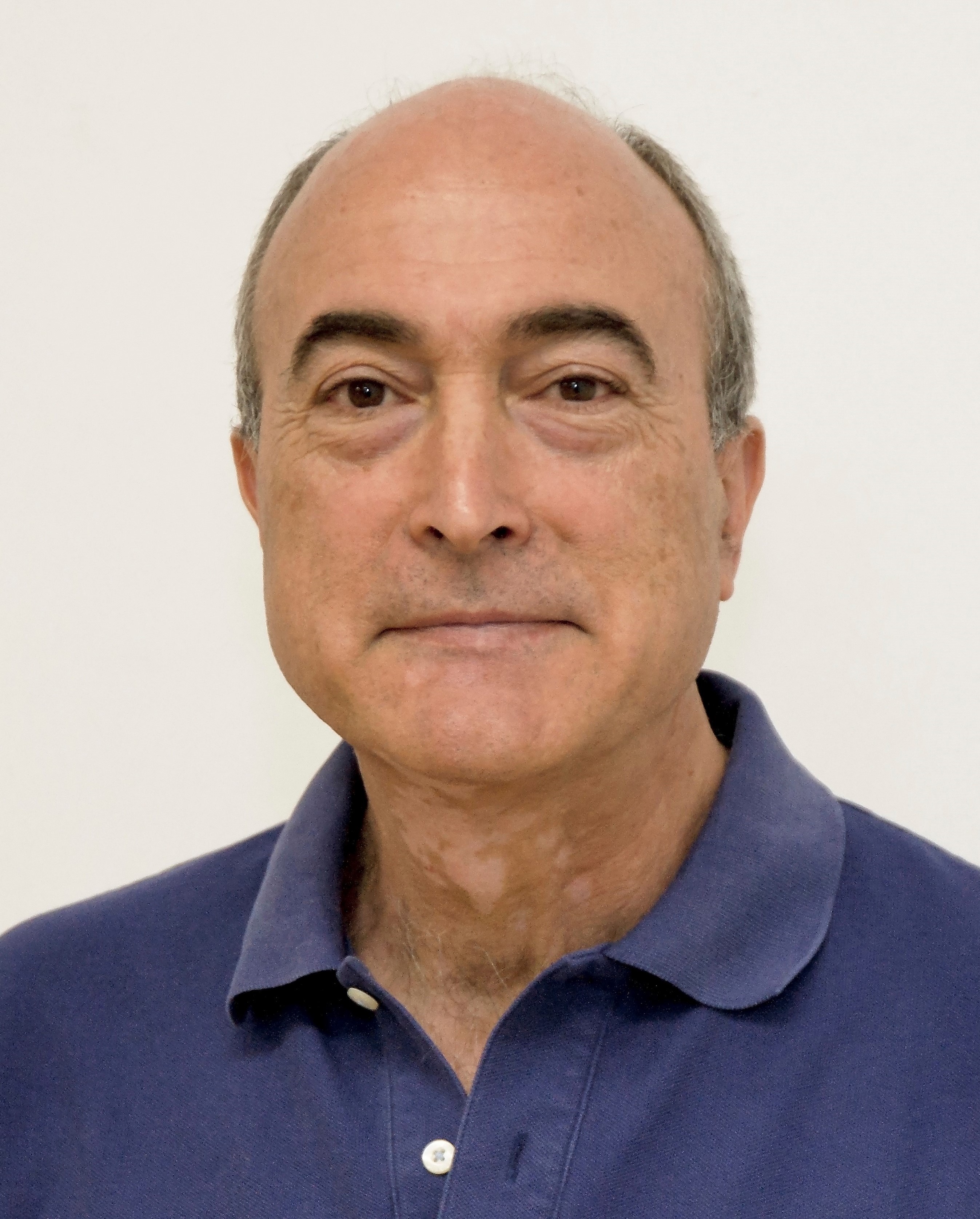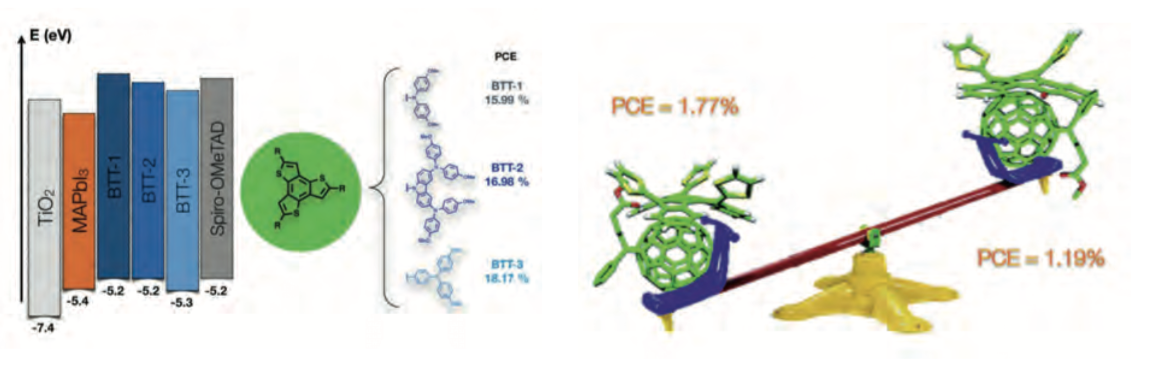Prof. Dr. Nazario Martín León
Nazario Martín is Full Professor of Organic Chemistry at the UCM and Deputy Director of the new IMDEA-Nanoscience Institute of the Community of Madrid. He has been visiting professor at the universities of California in Santa Barbara (UCSB) and Los Angeles (UCLA) and at the universities of Angers and Strasbourg (France). He is Doctor Honoris Causa by the Universities of Havana (Cuba, 2012) and Castilla-La Mancha (Spain, 2016). Prof. Martín's research covers different topics with special emphasis on the chemistry of carbon nanostructures such as fullerenes, carbon nanotubes, graphene and carbon quantum dots, molecular wires, and electroactive molecules in the context of electronic transfer processes, applications in photovoltaics, chirality and nanoscience. He has directed 45 Doctoral Theses and is co-editor of 6 books and 14 special issues in prestigious international journals. He has been General Editor of the journal Anales de Química (2000-2005), member of the editorial committee and international advisory of the journals: Journal of Materials Chemistry (2000-2006), Chemical Communications (2006-2011), ChemSusChem (2011-2015) and he has been Regional Editor for Europe of the journal Fullerenes, Nanotubes and Carbon Nanostructures. He has been until recently (2019) a member of the editorial board of the journals: The Journal of Organic Chemistry and Accounts of Chemical Research (ACS). Currently he belongs to the international advisory board of ChemPlusChem, Chemistry-An Asian Journal and ChemNanoMat (Wiley-VCH) and member of the advisory board of the journals Chemical Society Reviews and Chemical Communications (RSC). He is editor of the Scientific Reports journal of the Nature Publishing group. In 2015-2019 he has been Editor-in-Chief of the Journal of Materials Chemistry (A, B and C) of the Royal Society of Chemistry.
Research Lines
The research interests at the Prof. Martín’s group span a range of targets with emphasis on the molecular and supramolecular chemistry of carbon nanostructures such as fullerenes, carbon nanotubes and graphene, p-conjugated systems as molecular wires and electroactive molecules, in the context of electron transfer processes, photovoltaic applications and nanoscience. In particular, the group is currently engaged in:
- Design and synthesis of new hole transporting materials for high efficient perovskites solar cells. We have incorporated our new derivatives into photovoltaic devices based on perovskites displaying effi- ciencies as remarkable as 18.2 % (Chem. Commun 2015 and ACIE 2016).
- Electron transporting materials for perovskites solar cells. We have a very extensive experience in the preparation of new fullerenes derivatives. Taking advantage of this experience we want to use these new derivatives as electroactive materials for perovskites solar cells (Adv. Funct. Mater. 2005, Adv. Funct. Mater. 2010, J. Mater. Chem. 2011).
- Device fabrication. We are also interested into devices preparation and characterization of both organic and hybrid devices.
- Organic Photovoltaics. We are interested in designing new electroactive materials for bulk-heterojunction solar cells.






